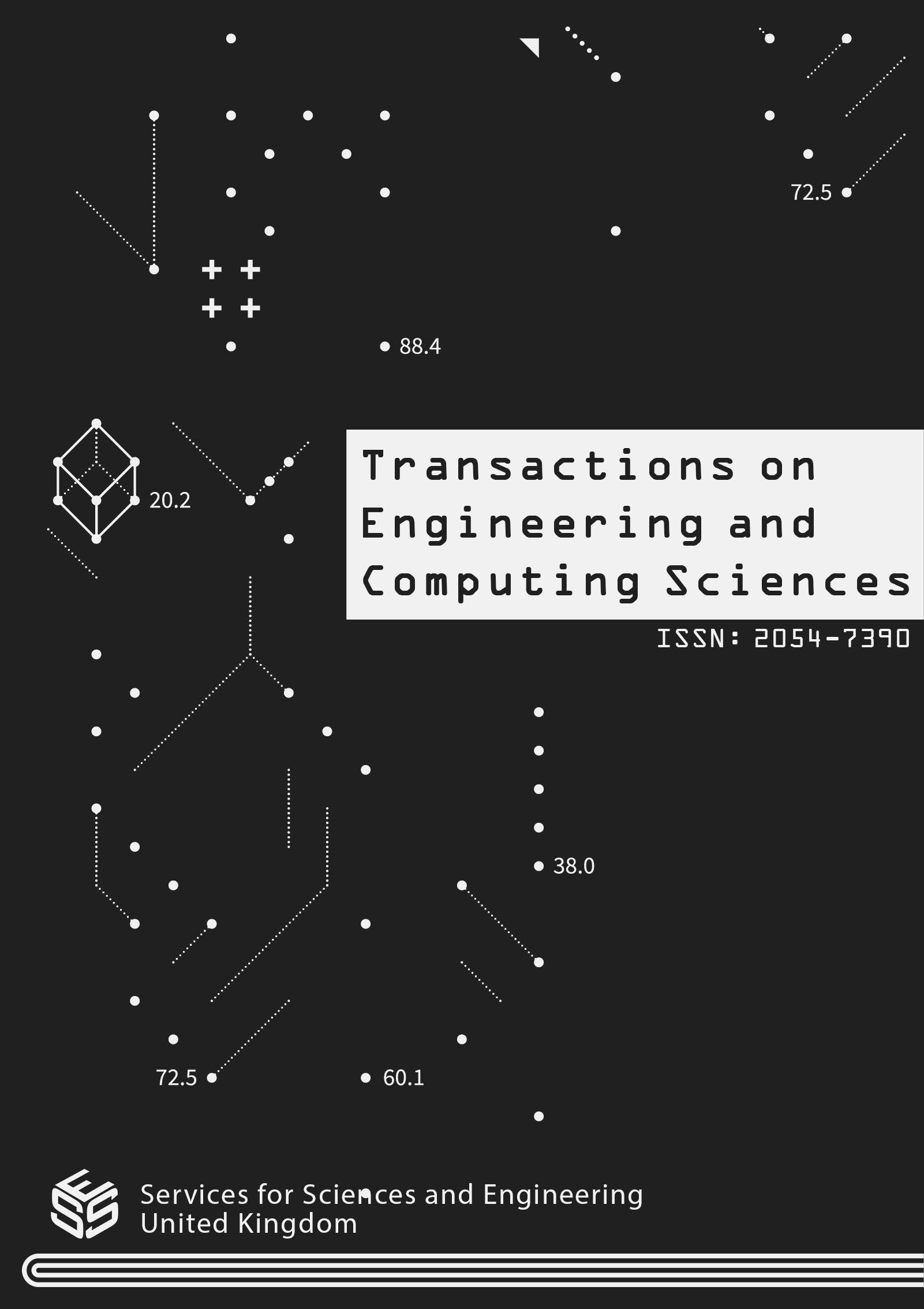Predictive Accuracy and Covariates Selection Performance of Time-To-Event Data: A Comparison Study of Cox Proportional Hazard and Random Survival Forest Models
DOI:
https://doi.org/10.14738/tecs.123.17112Keywords:
Predictive accuracy, Random survival forest, Covariates significance, Cox proportional hazard model, Survival analysis, time-to-eventAbstract
Background: The Cox proportional hazard (Cox PH) model is the most common and widely used method for analyzing time-to-event data. This approach, however, has been criticized for predicting patient outcomes since it assumes that the outcome is a linear combination of covariates and a constant hazard ratio over time, which is invalid in many cases and may not always be fulfilled, and thus Random Survival Forest (RSF) for time-to-event data has been proposed as an alternative to Cox PH. By considering non-linearity and interrelated covariates, the RSF is recognized as a way to correct bias in Cox proportional hazard models. Methods: The Cox PH model was compared to the Random Survival Forest by a relaxed proportional hazard (PH) assumption in this retrospective cohort study, which included 189 patients who underwent a new algorithmic treatment of an advanced human immunodeficiency virus clinical trial proposed by the World Health Organization from January to December 2018 at Kibong'oto infectious diseases hospital. Results: The study results show that the Random Survival Forest outperforms the Cox PH model in time-to-event data analysis by integrating covariates that do not meet proportional hazard assumptions based on predictive error curves, concordance indices, Brier scores, and integrated Brier scores as predictive indicators. Despite the fact that the PH assumption was relaxed for all covariates in the dataset, the Cox PH model selected only a few, and all deselected covariates were highly significant in the RSF, implying that the Cox PH model was inbuilt with the proportional hazard assumption. Conclusions: As a result, only covariates that satisfied the PH inbuilt assumption were chosen, regardless of whether the assumption was tested or not, rendering it ineffective when compared to a random survival forest. Therefore, having a dataset free from non-linearity and interrelated variables is impossible in the real world; hence, the RSF model outperforms the Cox PH model in predictive accuracy and covariate selection performance.
Downloads
Published
How to Cite
Issue
Section
License
Copyright (c) 2024 Ramkumar T Balan, Oscar Leonard. K

This work is licensed under a Creative Commons Attribution 4.0 International License.






